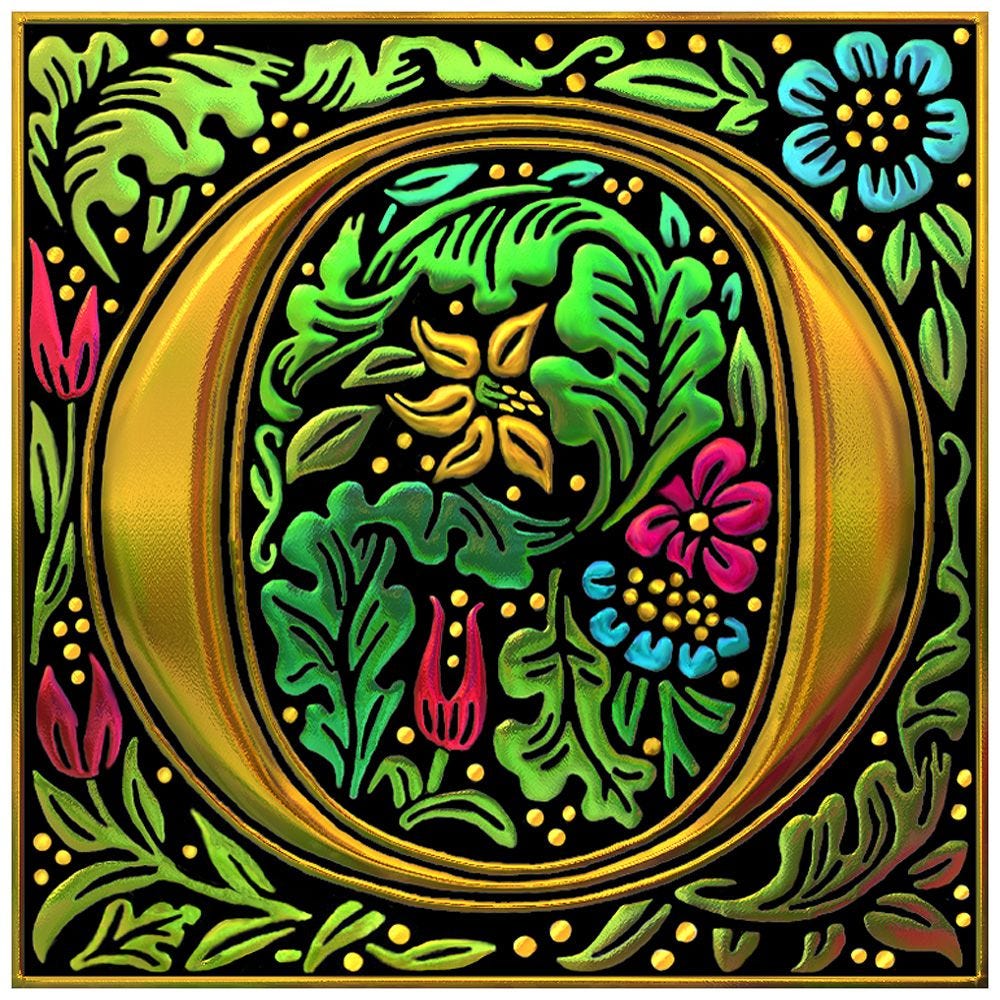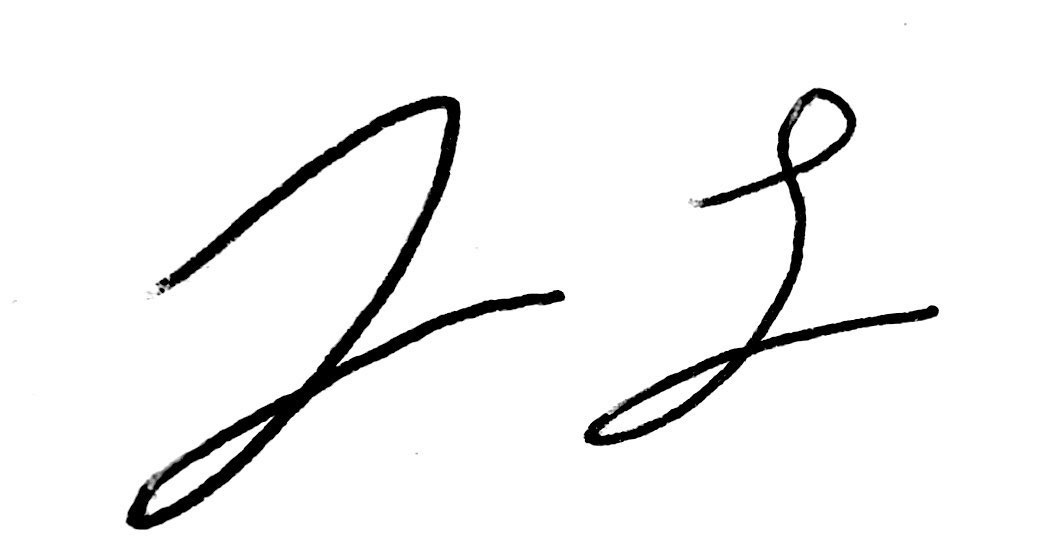Hey, everybody.
As mentioned in my postscript on Monday, I will be publishing one post every day from December 17th through December 23rd, with meditations on the Major Antiphons of Advent, aka the ‘O Antiphons’ that we all know and love from the hymn “O Come, O Come, Emmanuel”. This page serves as a Table of Contents for those posts.
You’ll (hopefully) get much more from the individual posts, which go live each day at Noon MST. If you’d like to not have to come back to this page each day, consider subscribing:
The Major Antiphons date back to the sixth century (at the latest) and have been associated with Advent since that time, because they all include a request for Christ to “Come,” set us free or deliver us or lead us out of darkness, et cetera. Advent, of course, is a time of reflecting not only on the first coming of Christ two thousand years ago, but also a time of preparing for the second coming of Christ, at the end of the age. When we ask him to “Come” we are asking him to hasten the end of the world — not out of a nihilistic desire for destruction, but because we have a great hope in the coming world without end, the new heaven and new earth where Christ will be all in all.
There are seven of these antiphons, which are always proper and always in order, December 17th through December 23rd, every year. It’s the only time in the Liturgy of the Hours where proper antiphons are tied to a date and are completely independent of where Sunday falls.
December 17th: O Sapientia or “O Wisdom”
In this post, I reflect on what it means to connect Christ, the second Person of the Trinity, to the person of Wisdom, common in the Old Testament.
December 18th: O Adonai or “O sacred Lord”
In this post, which is also my normal Monday post, I reflect on the act of recalling God’s actions for the people of Israel, and why that’s still important for us Christians today.
December 19th: O Radix Jesse or “O flower of Jesse”
In this post, I reflect on the genealogy of Christ and how we can be our own worst enemy in the life of faith.
December 20th: O Clavis David or “O Key of David”
In this post, I reflect on how the Keys to the Kingdom tell us something about Christ, and why it’s important that Christ rose from the dead.
December 21st: O Oriens or “O radiant Dawn”
In this post, I reflect on the mission of John the Baptist and how the inevitable presence of Christ can affect us in different ways.
December 22nd: O Rex Gentium or “O King of the Nations”
In this post, I reflect on why Christ is called King, and how he holds us together.
December 23rd: O Emmanuel
In this post, I reflect on what it means for Christ to truly be “God with us,” and the mystery of the Incarnation.
Now, because I don’t talk about it in any of my posts, I figure I’ll mention here that some of the earliest observations made about these antiphons is that they form an acrostic of sorts (“of sorts” because it feels like having to close one eye, tilt your head, and hop on one foot in order to see it). Take a look:
O Sapientia
O Adonai
O Radix Jesse
O Clavis David
O Oriens
O Rex Gentium
O Emmanuel
If you know anything about acrostics, you know we’re looking at the first letters; and since there’s not a lot of meaning to the sequence “OOOOOOO” except when singing “Angels We Have Heard on High,” we’re going to look at the first letters of each antiphon, after the “O.”
S A R C O R E
Does “Sarcore” mean anything to you? No? Unsurprising, because to get at what the early analysts of the antiphons saw, we have to flip them all around (because why not?)
E R O C R A S
Of course, this still may not mean much to you. But I hope you can trust me when I say that Ero Cras is a Latin phrase, roughly translating to “I will be tomorrow.” ‘Tomorrow’ being Christmas Eve, during which night Christ is born.
Now, if you’re a little skeptical of how intentional or unintentional that is, I’m with you — but I’m a cynic, so maybe I’m just being cynical. Regardless, wiser men than I have pointed it out, so I would be remiss to leave you without it. Take it as you will.
I hope you all are able to pray with these antiphons this season, and if you do pray with them I hope they bring you closer to Christ. And if you choose to read my reflections, I hope they also, despite my involvement, bring you closer to Christ.
You all have my prayers, and I hope you’re praying for me. Enjoy the last week of Advent, and may Christ come soon!







I'll admit, I'm on the cynical side of the spectrum when it comes to EROCRAS. But I like the idea of it, so I try to go with the flow on that, haha!
Ero cras... If that was unintentional then it was one heck of a coincidence. But these things were composed so long ago that we don't have the remotest idea who did it or what they might have been thinking. Great post about the Os.